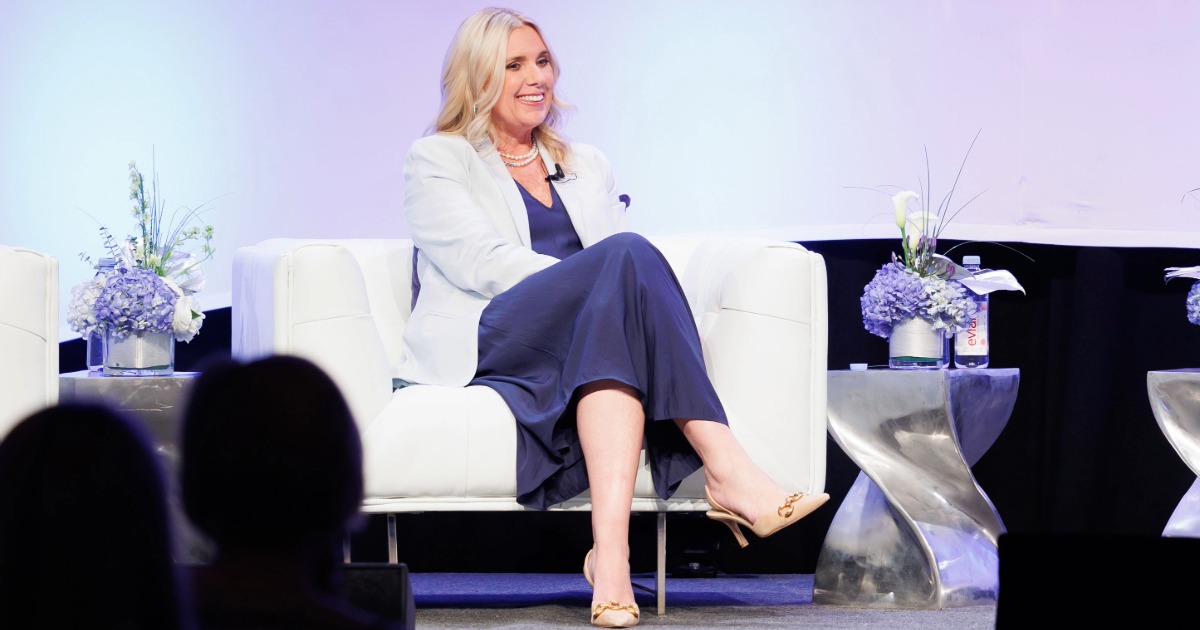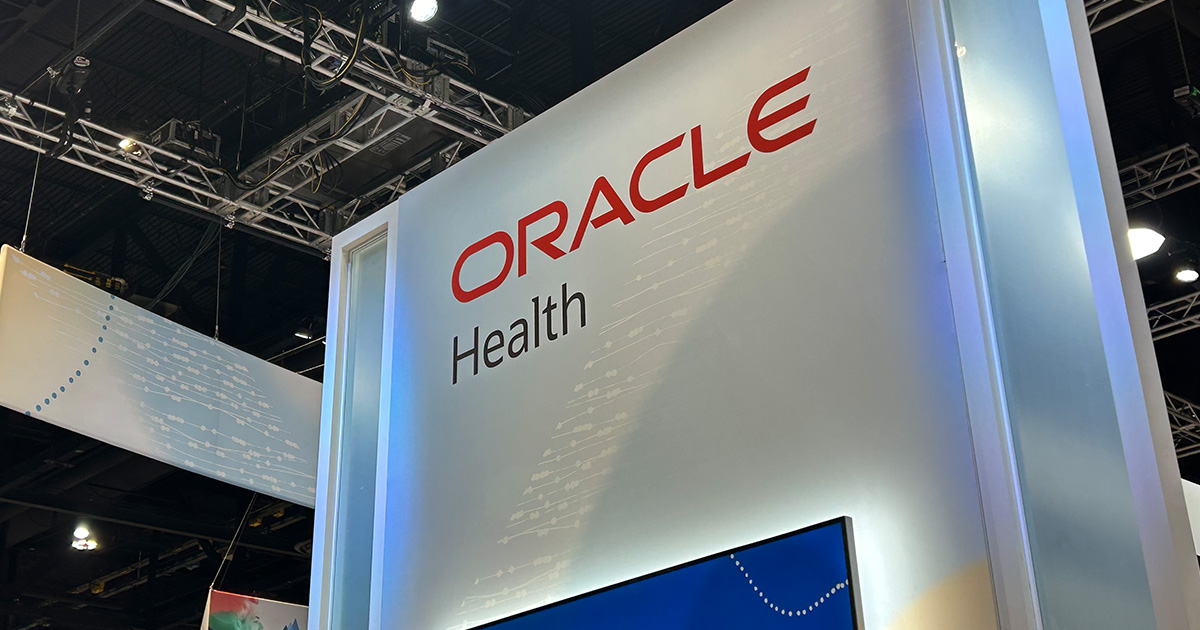The past few years have been "a very, very intense time" for health IT workers, said Jim Turnbull, chief information officer at University of Utah Health Care, speaking at the CHIME Fall CIO Forum this past week. As he and other CIOs look ahead toward the next few years, they see more challenges still to come.
[See also: Tips to help CIOs 'survive the madness']
Turnbull spoke as part of a spirited panel, alongside Rick Schooler, CIO at Orlando Health, and Ed Marx, CIO at Texas Health Resources.
Marx is current holder of the John E. Gall Jr. CIO of the Year award, given jointly by CHIME and HIMSS; Turnbull and Schooler are both former recipients. Each offered their perspectives on the evolving role of the hospital CIO – specifically with an eye toward what the job will look like by 2020.
[See also: CHIME sees 'troubling' signals for MU]
If the next five years are anything like the previous five, said Turnbull, they'll be marked by a lot of hard work – and head-spinning change.
"Our world has changed dramatically," said Turnbull. "The market has changed; the regulatory environment has changed; we've gone through this crazy stuff with ICD-10 starting and stopping."
The healthcare industry "has become very complex over the last four or five years," he said. Worse, the recent past has seen a marked increase in "ambiguity," he added, "and that's the one that's really concerning."
His own organization, "from the top on down, literally seems to be changing priorities almost monthly now," thanks to the vagaries of the government, the market and more.
"Being able to shift from one role to another" is increasingly essential, said Turnbull. "There's always room in the drawer for a butter knife and a steak knife, but we're really looking for our staff to be Swiss Army knives."
 Cultivating "different skills, (getting) away from being a specialist – from being focused on the pharmacy or radiology, or the nursing staff," is the necessary way forward in these uncertain times, he said.
Cultivating "different skills, (getting) away from being a specialist – from being focused on the pharmacy or radiology, or the nursing staff," is the necessary way forward in these uncertain times, he said.
Schooler echoed those sentiments, and added that it's crucial to communicate with IT staff, and ensure they "understand why we're doing all this stuff" – even if that "stuff" seems to be changing on a near-constant basis.
"I told you this was so important, but today I'm telling you that actually this is more important than that," said Schooler, of the way he's forced to relay shifting priorities to his team. "And tomorrow, this is going to be more important than those."
As healthcare goes through these growing pains, "the ability to multitask and deal with demand" has come to the fore, he said. "The increasing amount of demand requires our people to shift gears on the fly.
"There really is too much going on at once," said Schooler. "What's going on in our organizations is really nuts."
He added: "Our people are getting jerked around endlessly." That places enormous stress not just on the IT teams in the trenches, but on "our customers and our partners in the organization."
The success of a CIO, said Schooler, should be judged on "our ability to manage them through it."
 Marx emphasized the critical importance of connecting with staff and C-suite colleagues on a personal level.
Marx emphasized the critical importance of connecting with staff and C-suite colleagues on a personal level.
"I know their names, and I know the names of their kids. And I know their favorite wine. It's really about knowing people on a human level that makes a difference.
"Will something go wrong? Of course it will," he added. "But these relationships help build team dynamic."
Marx said one of his favorite photographs is one he has framed of a nurse, planting a big kiss on his cheek. Given the sometimes fractious relationship between the clinical and technology sides, he takes that as a sign of success.
"Is there anyone in your organization that has that sort of affection for IT?" he said, to much laughter.
"It's been a long time since I've been kissed at work; it often seems like I'm the one doing the kissing," said Schooler, to even more laughter.
All joking aside, though, he made the point that CIOs have hugely important roles to play in helping their hospitals navigate these challenging waters.
"The No. 1 expectation for us in our organizations is to be a partner and collaborator," said Schooler. The job "has to be built on a foundation that we have a genuine desire to ensure the success of the others in the organization that we serve. If you can't serve, you can't lead."
That leadership will be key to making it through the next five years, the panel of CIOs agreed, as healthcare continues its momentous sea change away from fee-for-service and toward consumer-driven, coordinated care – all aided by technologies we may not even be aware of yet.
"We're going to be seeing on-demand healthcare," said Schooler. "Something is going to change, not only in how we deliver healthcare but how we think about it, and how we deliver convenient care."
Telehealth and virtual visits will be on the rise, as will patient engagement, he predicted – as will "integration, integration, integration."
And, someday soon, all the angst, aggravation and agita of the past few years will prove to have been worth it, he said, as empowered patients are able to better direct their care experience.
"Five years used to seem like a long time," said Schooler. "It really isn't. It will be here before we know it."


